Update 6/30/2025 111:05 AM: This article has been updated to include links to the individual case breakdown articles.
The U.S. Supreme Court (SCOTUS) issued five rulings today that will shape the legal and political landscape for years, especially for marginalized and underserved communities. Here’s what you need to know, plus a little more for those interested:
What We Know:
🏛️ Trump v. CASA, Inc.
What Happened:
Federal courts lost authority to issue universal injunctions — meaning they can only block policies for those who sue.
Key Points:
- Trump’s Executive Order 14160 sought to limit birthright citizenship for children of undocumented or temporary residents.
- Lower courts issued nationwide injunctions preventing enforcement.
- SCOTUS reversed that practice, limiting courts to providing relief only for named plaintiffs in cases.
_____________________________________________________________________________________
🌐 FCC v. Consumers’ Research
What Happened:
Supreme Court upheld the FCC’s Universal Service Fund, safeguarding programs that bridge the digital divide.
Key Points:
- The FCC’s funding structure supports broadband for schools, libraries, and low-income communities.
- Court rejected arguments that this violated the Constitution’s non-delegation rules.
- Digital access programs like Lifeline and E‑Rate were preserved.
___________________________________________________________________________________
🧑🏽💻 Free Speech Coalition v. Paxton
What Happened:
Texas’s requirement that porn sites verify users are 18+ passed constitutional muster under intermediate scrutiny.
Key Points:
- Adult entertainment groups claimed First Amendment infringement; the Court disagreed.
- Ruling seen as protecting minors, but concerns linger about internet surveillance and broader privacy impacts — especially on queer and sex-positive communities.
__________________________________________________________________________________
🧬 Kennedy v. Braidwood Management
What Happened:
Court upheld HHS preventive health mandates, including access to PrEP and cancer screenings under ACA as determined by the nonpartisan task force.
Key Points:
- Lawsuit argued the Task Force appointees were unlawful and should be appointed by the president.
- Court rejected that claim, affirming Task Force authority.
- Holds the broader access to vital healthcare for marginalized populations, including communities of color and LGBTQ+ individuals.
______________________________________________________________________________________
📚 Mahmoud v. Taylor
What Happened:
Religious parents won the right to opt out of LGBTQ+-inclusive school curricula.
Key Points:
- Montgomery County’s “no-opt-out” policy was struck down as a violation of free religious exercise.
- Growing precedent for parental refusal of inclusive content — risking fragmented, less equitable education across districts and topics.
From limiting court power to reshaping civil rights, today’s rulings set a complicated course for marginalized communities. These rulings signal a more fragmented and litigious path forward for those fighting for justice.

